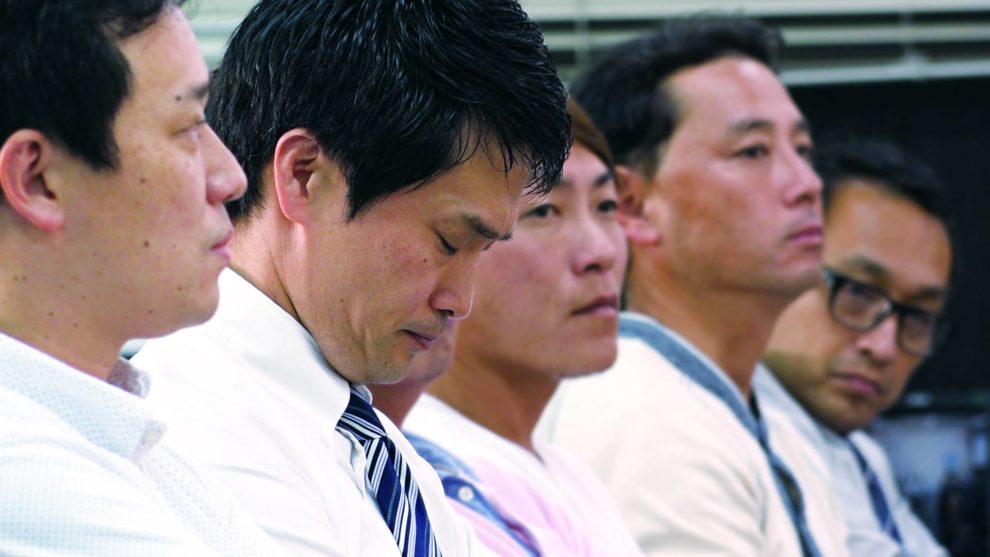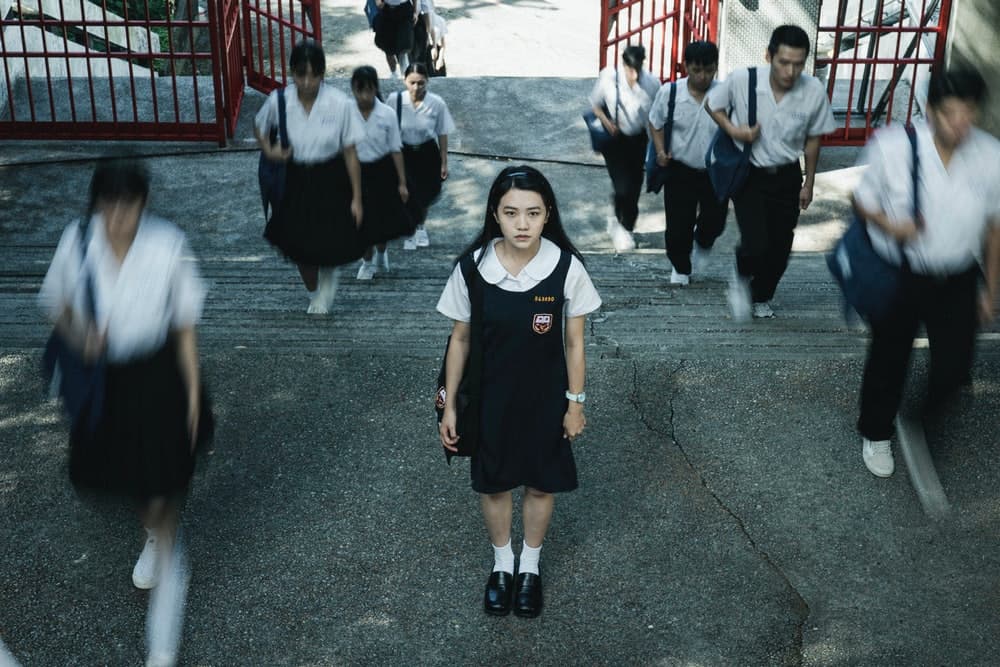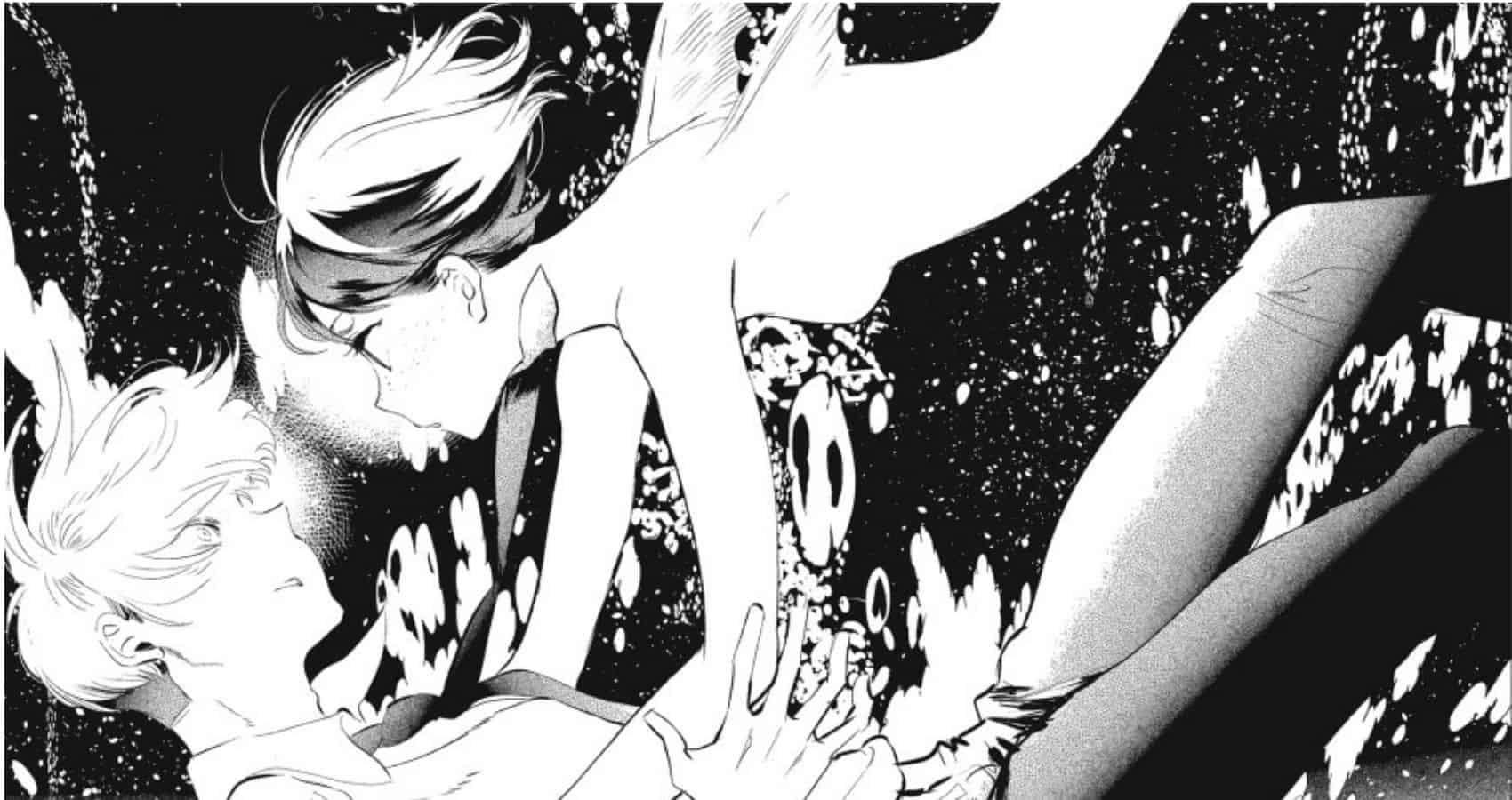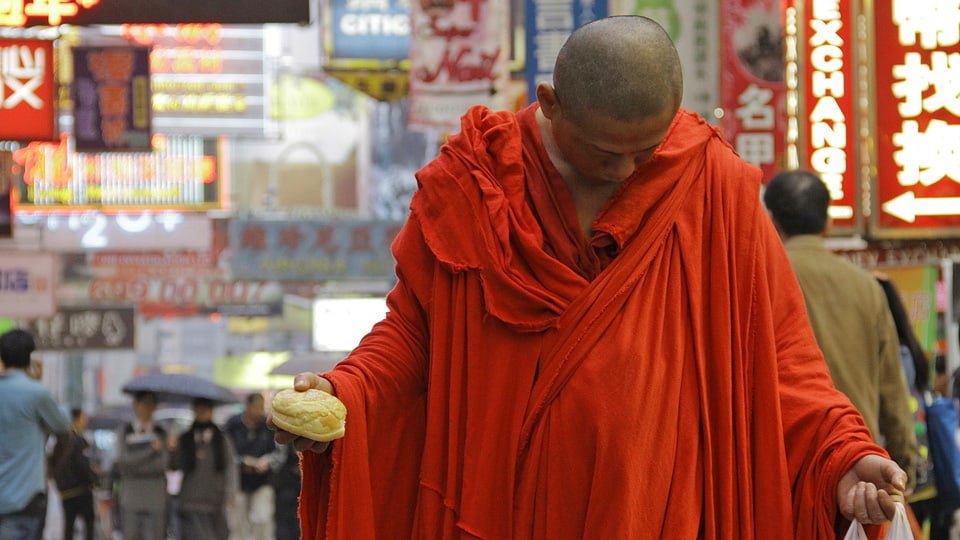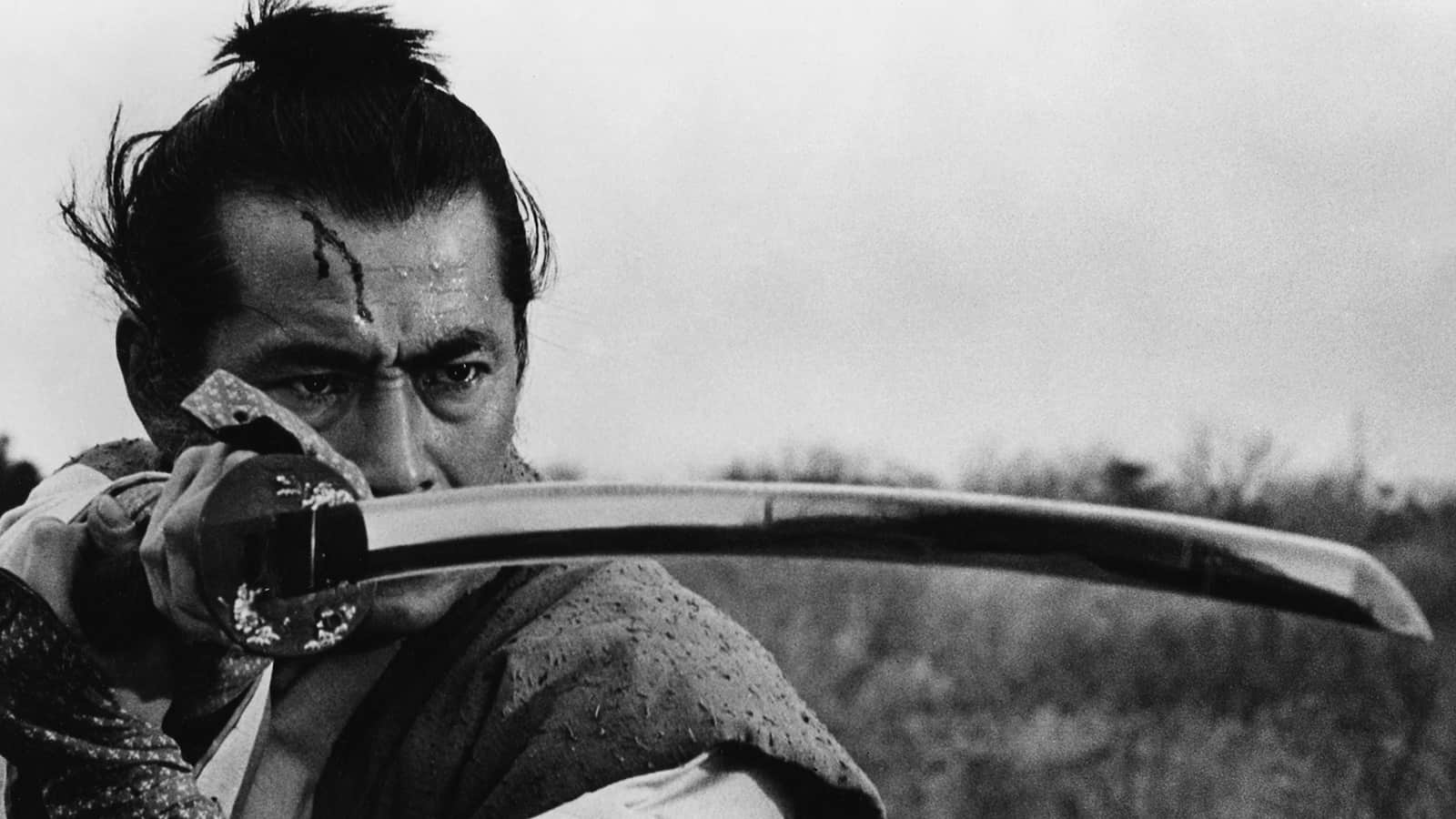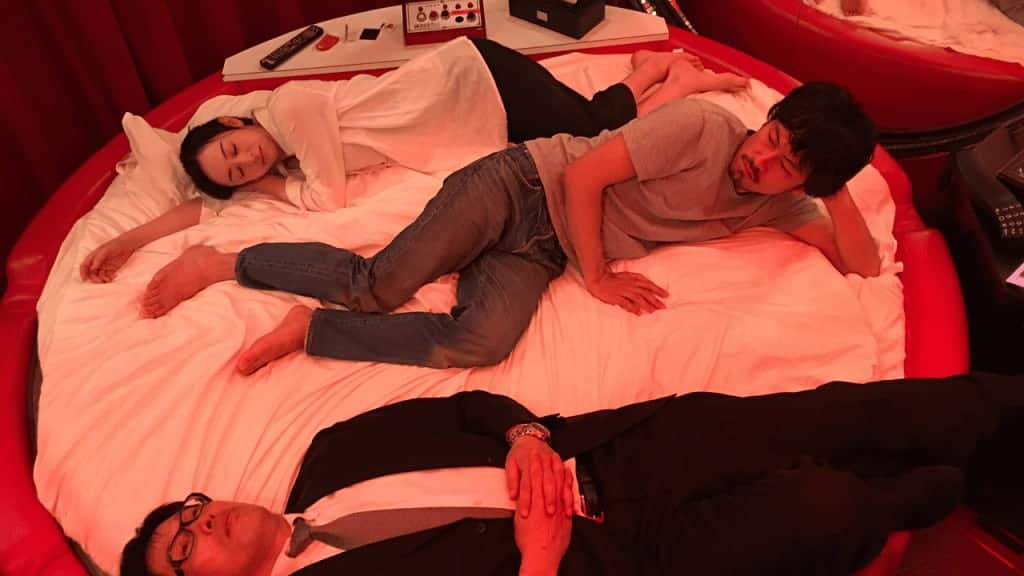There is a lot to like about Arata Oshima's “Why You Can't Be Prime Minister.” Consistently down to earth, it follows Junya Ogawa over a 17-year career in politics, covering everything from rookie beginnings to a messy 2017 election campaign. It never feels like a searing endorsement of the man, nor a scathing critique, meaning that much like Ogawa's own politics, everything stays neatly in the centre.
“Why You Can't Be Prime Minister” is screening at Japan Cuts
We start in 2003, an era of hope for the then fresh-faced Junya Ogawa. Plucky and ambitious, the 32-year-old wants to completely change Japanese politics when the director first meets him, and aims to restore the faith of the people in those whose job it is to serve them. Ogawa is part of the Democratic Party of Japan, but despite his utopian thinking and stirring passion for his country and the people in it, appears evidently lacking. For one, he seems to never be without tears in his eyes, always affected by words and simple emotions, whilst also being almost too grounded for the gritty arena of top-level politics. There is no steel in the young politician, and he has minimal backbone, which fails to set him apart from his adversaries.
Nevertheless, Ogawa rises through the ranks, albeit slowly and with a low ceiling. Thanks to the proportional representation voting system, the Kagawa native finds himself constantly with a seat at the table, even if his contemporaries seem both more competent and publicly enthusiastic. Yet, behind the deeply humble stylings of the skinny centrist is a determined, aspirational man. In 2009, when the Democratic Party of Japan win the election, Ogawa excitedly lays bear his hopes of becoming Prime Minister, and appears evidently enthused at his side's victory. Over the rest of the documentary, it becomes clear that such lofty goals could never materialise for the now 50-year-old, but it also chips away at the more personal side to both Ogawa and his family.
The peak of proceedings undoubtedly comes towards the tail-end. With the 2017 election fast approaching, Ogawa finds himself desperate to win favour with the public, flanked by his supportive family who phone constituents, give out leaflets and accompany the husband/father/son everywhere he goes. The interviews given here are amongst the most personal, and Oshima really taps into the high stakes felt during such an uncertain time in Ogawa's tempered political career. At one particular gathering, Professor Ibe, an advocate for the subject of the two-hour release, goes as far as calling Ogawa dejected, pointing to the fact that the first two words on his latest poster are “I'm sorry.” It brings the entire family to tears, and allows for an emphatic moment of affecting emotion amidst an otherwise gripping, full-throttle campaign.
Furthermore, at the culmination of the embarrassing election defeat, Ogawa is forced into contemplation and a state of something which resembles grief, which further tugs at the viewer's heartstrings. When the middle-aged, worn down man starts discussing the numerous “what ifs”, and the regrets over refusing to stand as an independent, one cannot help but feel sorry for him, and draw a bleak comparison between the spunky, youthful 32-year-old and this present self. Oshima is smart in this area, and knows when to carefully draw the sentiment out of any given section of his project.
Sadly, the momentum and engagement found in the 2017 election coverage does fizzle out towards the end of the documentary. Discussing his new life as an independent, and in subsequent scenes, COVID and his own ambitions, nothing quite feels the same, as if the candle had already burnt out on the man we have spent the last two hours with. Interest for the final stretch is therefore minimal, and the ending, recorded entirely remotely, falls flat
However, that cannot take too much away from the fact that “Why You Can't Be Prime Minister” is a sharply edited, detailed look at an intriguing political candidate over the course of a substantial period of time. Arata Oshima hits all the right notes along the way, covering every controversy, triumph and deflation, which in turn makes for a captivating effort which is sure to engage fans of politics.


